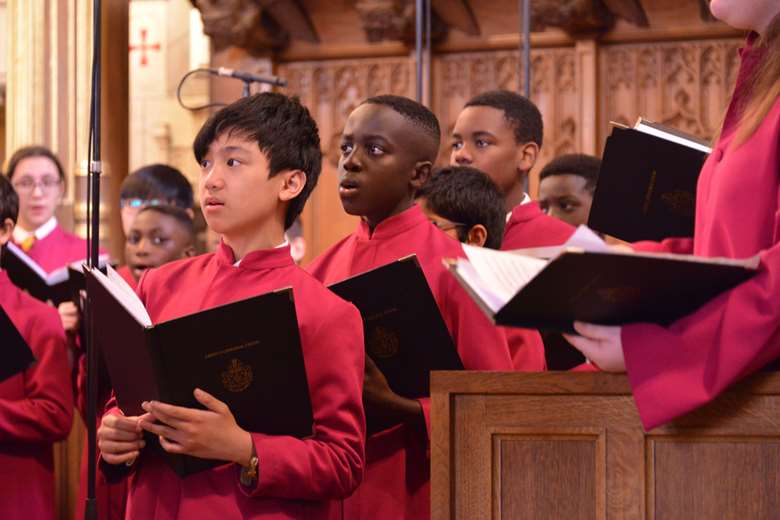Choral singing in the time of Covid
Thomas Leech
Thursday, November 19, 2020
Director of the Diocese of Leeds Schools Singing Programme Thomas Leech reflects on their Royal Philharmonic Society Inspiration Award and their work during lockdown

Register now to continue reading
Thanks for exploring the Gramophone website. Sign up for a free account today to enjoy the following benefits:
- Free access to 3 subscriber-only articles per month
- Unlimited access to our news, podcasts and awards pages
- Free weekly email newsletter








